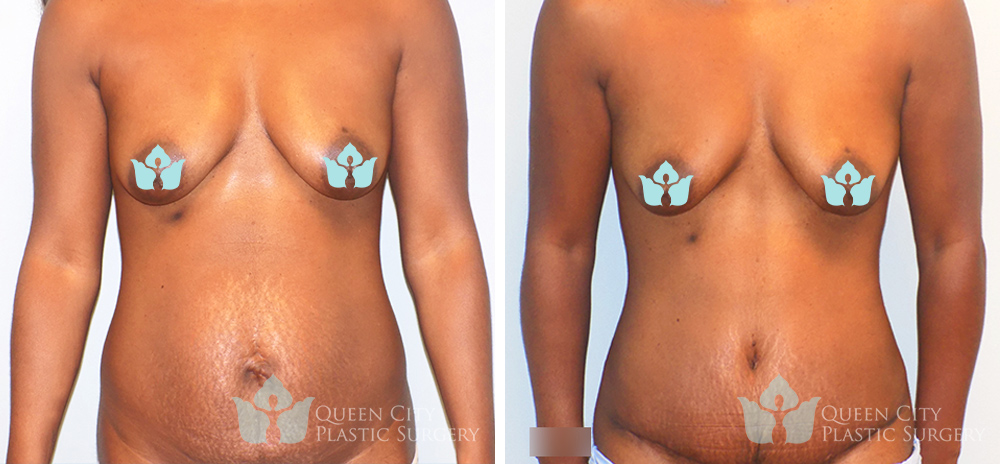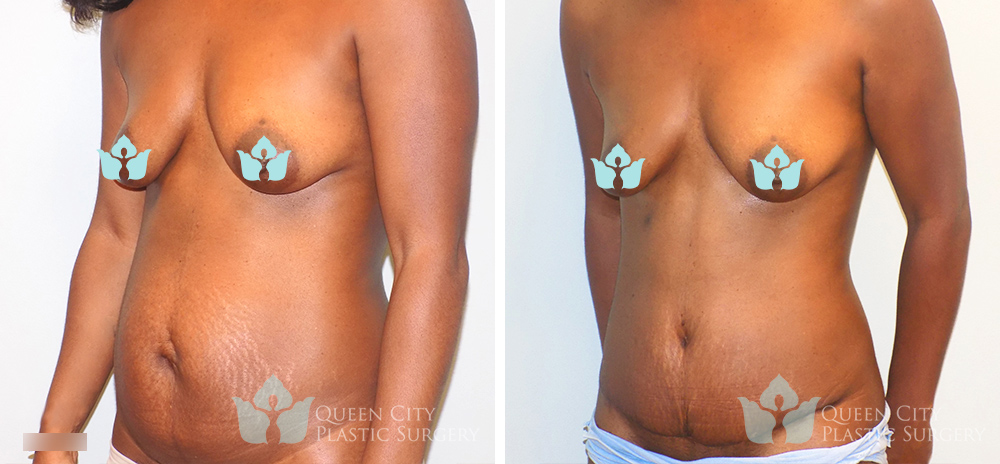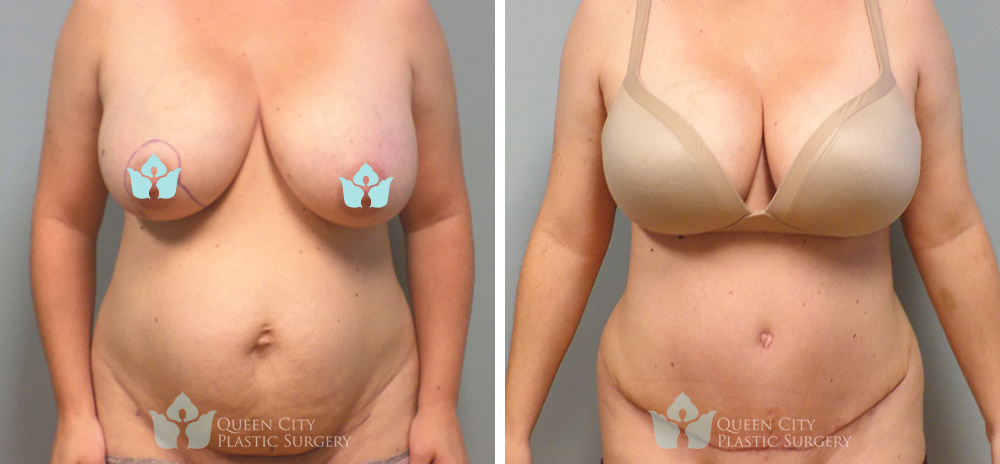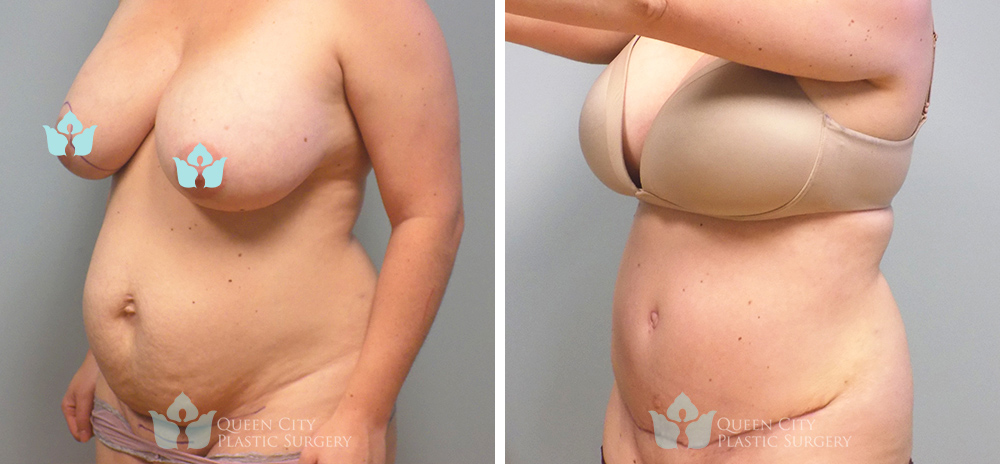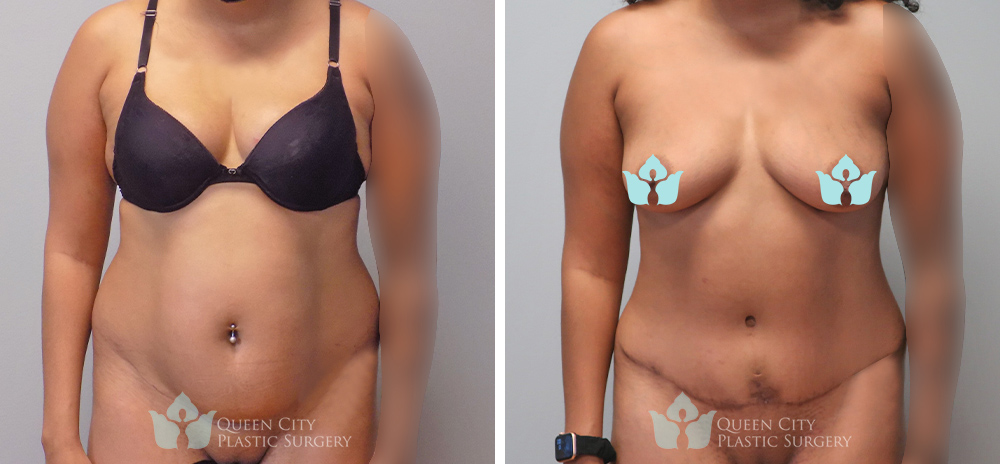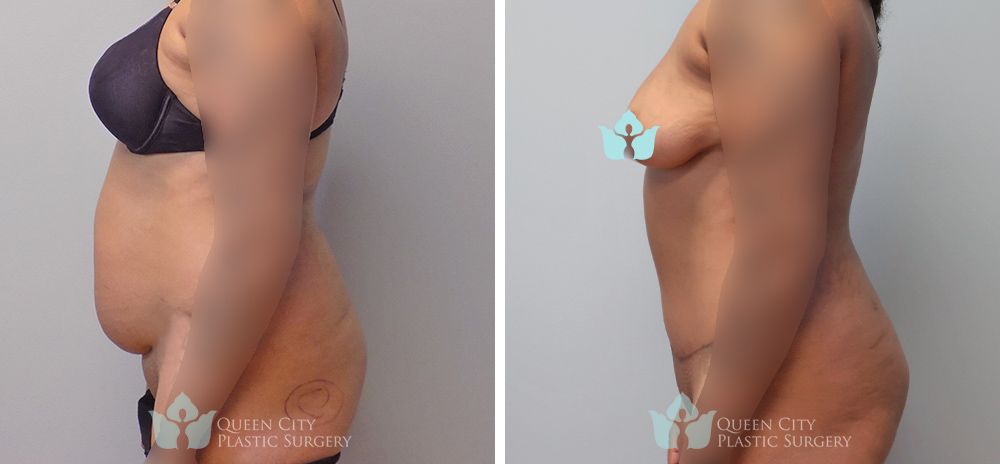
Now that summertime is in full swing, everyone is out and about taking part in recreational activities like biking, hiking, gardening, and laying out in the sun. But the same types of activities that you engage in during Spring can actually pose a danger when you take part in them during the unforgiving heat of Summer.
Staying Hydrated
When temperatures are running high, your body will pump more blood to the surface of your skin, leading to sweating. The idea is that sweat should evaporate and cool you off. This function works optimally whenever the temperature of the surrounding air is lower than that of your body temperature. When you struggle to cool off, your core temperature may increase, making your heart work harder than normal to deliver blood and meet the increased demand of creating a sweat response.
Increased sweating that is going on creates an unusual demand by your body for fluids. As a result, you need to be drinking more than usual to offset the fluids lost by sweating. And if you live in a high humidity area, your sweat response will not work as effectively because it will not evaporate as rapidly. So you will need to find another way to cool down.
Hydration Tips:
- Avoid drinking alcohol and caffeinated beverages that can exacerbate dehydration.
- Increase your water consumption during hot weather.
Modifying Your Skin Care Routine
Another aspect of higher temperatures that often goes unconsidered is the fact that excess heat leads to the increased production of oils on your skin. You may find that you experience more frequent breakouts during the summertime because of this accumulation of oils on your skin.
You should also keep in mind that it is a good idea to switch up your skincare routine during the summer months. Topical products with a high viscosity, or thickness, may not work as well for you because you are also dealing with more oils on your skin.
The Sun and Your Skin
During summertime, the sun will be up higher in the sky, and anyone outdoors will experience a greater than normal dose of UV radiation. Damaging UV radiation creates a lot of problems for your skin. Photoaging is one such threat. You may find that, even years later, your skin has aged.
Exposure to UV radiation can lead to changes in your skin that result in skin cancer. If you notice the appearance of a mole or dark spot that wasn’t there before, this may be cause for concern. This is particularly true if the mole is very dark, has an irregular shape, or itches or bleeds. If you notice these types of symptoms, make an appointment with your dermatologist right away for an examination.
If you’ve already experienced some photoaging, you should consider undergoing skin treatment to repair some of the damage. A few treatments commonly used for photoaging are:
- Microdermabrasion for mild cases of photoaging
- Chemical peels
- Laser skin resurfacing
- Microneedling
Prevention goes a long way when it comes to photoaging. So be sure to wear good sunscreen wherever you go outdoors so that your skin is not exposed to as much UV radiation. And don’t forget about diet. Be sure to consume plenty of foods with antioxidants that help prevent changes to the skin that can lead to photoaging or skin cancer.
Your Consultation
Would you like to receive more information about how to protect your skin during summertime? Or have you already experienced sun damage and would like to explore your treatment options? If so, please contact us today to request additional information or to schedule a convenient consultation.
To book a consultation for any of your skincare or plastic surgery questions, contact the offices of Queen City Plastic Surgery at 704-751-4595 or use our simple online form. Our conveniently located Charlotte office welcomes patients from throughout the region and across the country.
